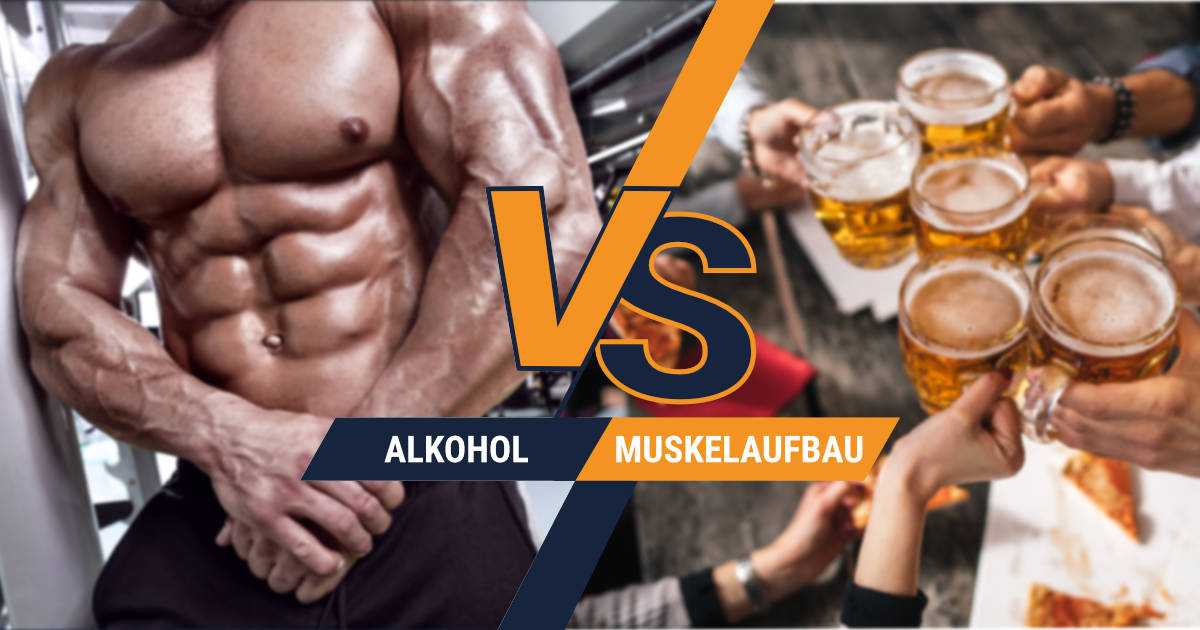Introduction
In the world of fitness and bodybuilding, achieving optimal results requires a holistic approach that encompasses not only exercise and nutrition but also lifestyle factors. Alcohol consumption is a common topic of debate among athletes, as its effects on muscle growth and overall health are often misunderstood. This article delves into the science behind alcohol and its impact on muscle development, providing evidence-based insights and practical recommendations for athletes who enjoy the occasional drink.
Alcohol’s Impact on Muscle Growth
Alcohol consumption can hinder muscle growth in several ways:
-
Impaired Protein Synthesis: Alcohol interferes with the process of muscle protein synthesis, which is crucial for muscle repair and growth. Studies have shown that alcohol can reduce protein synthesis by up to 24%, significantly slowing down muscle recovery and adaptation.
-
Reduced Testosterone Levels: Testosterone is a key hormone that drives muscle growth and strength. Alcohol consumption has been shown to lower testosterone levels, particularly in high doses. This hormonal disruption can negatively impact muscle building efforts.
-
Impaired Sleep Quality: Sleep is essential for muscle recovery and overall health. Alcohol disrupts sleep patterns, leading to reduced sleep quality and duration. This can hinder muscle growth and increase fatigue during workouts.
-
Increased Inflammation: Alcohol consumption can promote inflammation throughout the body, including in muscles. Chronic inflammation can impair muscle growth and contribute to muscle breakdown.
-
Dehydration: Alcohol is a diuretic, meaning it promotes water loss from the body. Dehydration can negatively impact muscle function and overall performance, hindering muscle growth.
Moderate Alcohol Consumption and Muscle Growth
While excessive alcohol consumption can significantly hinder muscle growth, moderate intake may not have a substantial detrimental effect. Some studies suggest that occasional moderate drinking, such as one or two drinks on a weekend, may not significantly impact muscle growth in healthy individuals.
Balancing Alcohol and Muscle Growth
If you enjoy moderate alcohol consumption as part of your lifestyle, there are strategies to minimize its potential negative impact on muscle growth:
-
Limit Alcohol Intake: Stick to moderate amounts, such as one or two drinks per occasion, and avoid binge drinking.
-
Time Your Alcohol Consumption: Avoid consuming alcohol immediately before or after workouts, as this can interfere with muscle recovery and protein synthesis.
-
Prioritize Nutrition: Ensure you are meeting your daily protein, carbohydrate, and healthy fat requirements to support muscle growth and overall health.
-
Stay Hydrated: Drink plenty of water throughout the day to counteract alcohol’s dehydrating effects.
-
Maintain a Healthy Sleep Schedule: Prioritize quality sleep by establishing a regular sleep schedule and creating a conducive sleep environment.
-
Monitor Your Progress: Track your muscle growth and overall performance to assess the impact of alcohol consumption on your fitness goals.
Conclusion
Alcohol consumption, particularly in excess, can hinder muscle growth due to its negative effects on protein synthesis, testosterone levels, sleep quality, inflammation, and hydration. However, moderate alcohol intake may not have a significant detrimental impact on muscle growth in healthy individuals. If you choose to consume alcohol, do so in moderation, prioritize nutrition, hydration, and sleep, and monitor your progress to ensure your fitness goals are not compromised. Remember, consistency and adherence to a healthy lifestyle are paramount for achieving optimal muscle growth and overall well-being.



